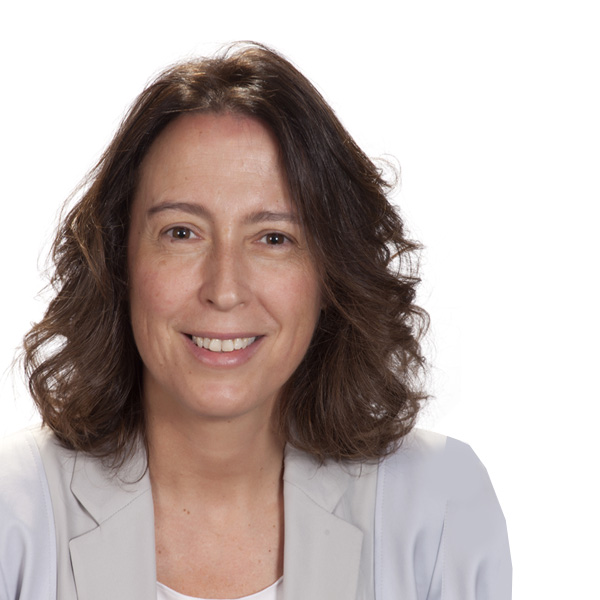At SINEWS, we advise parents to imagine that they are a coach. A coach doesn’t run with the player, nor eat the same calories, nor by any means suffer the same injuries. A trainer has two fundamental functions: organize and advise the athlete with the objective of attaining the best performance.
The concept of performance is very important.
In this country, we have a productivity problem and that problem can begin to be solved by educating in efficiency. It is very important that we begin to adapt positions that seems radical like advising moms and dads to not allow their son/daughter to finish their homework if they exceed the amount of time in which they were meant to done.
At SINEWS we are against kids not having time to play- they cannot enjoy their free time as they wish, but above all, we want to prevent that they become accustomed to “warming the seat.”
Some frequent mistakes during homework time are:
- Sitting down in a chair next to our son/daughter (this gesture transmits many negative messages: they don’t know how to do it alone, don’t worry, I’ll take care of it, it is not your responsibility- it’s ours…) Don’t give them the fishing rod- show them how to fish.
- Correcting exercises at home. It is proven that we all learn from our mistakes. The objective is not to do the exercises perfectly- it is to try to do them in order to be aware of our difficulties. The teacher dedicates time in class to go over homework where he/she attends to and takes care of this task much better.
- Allow kids to dedicate the entire afternoon to study and do homework.
But, let’s go back to the model of the trainer. This concept marks the difference between doing homework with our children and supervising that they get it done.
In the case of children who are schooled in a language that the parents do not dominate, this model is the solution that allows our children to not lose the opportunity to become bilingual. We don’t need to know English or German because we don’t do homework with them.
Some guidelines to help us follow this model are:
- The sacred agenda: get our children used to having a school agenda or a little notebook always on their desk in order to write their homework, lessons to study, work to hand in and dates of upcoming tests.
- Allow them (within limits) to have time to rest after school. It is better if it is with their friends or a park close by where they can play and move a little bit (this improves their concentration when they come home.) It could be during the same time as a sports or hobby-related after school activity.
- Work conditions: just like one doesn’t train for soccer in skates, or after inhaling a dish of cocido, to study, it is necessary to: work in our room or a place in the house that is not heavily trafficked, turn off the cell phone and forget about tuenti. We will take much longer to finish and have time to disconnect afterwards.
- Organizing work:
- When we get home, we should go over with them what they have to do and ask them how much time they think that they need for each assignment. (For example, math: 10 mins, read the science chapter and write an outline: 20 mins…) A clock on top of the table will help our son/daughter control time.
- Decide the order of the tasks: start with a short one so that the child can get an easy one underway in order to warm up and in continuation do the most difficult one in order to get it over with. Reserve time at the end (before the break and when finishing) something light and entertaining.
- Establishing breaks: Knowing when it’s time to rest will make the child not feel like they have a long hurdle ahead of them. A reference point: it is not possible to maintain attention in uninterrupted form for more than 40 mins.
- Supervise work and encourage: It’s about facilitating that the child completes the established time frame to do work. (We come near their room to ask them how it’s going, if he has a question, we decide if it’s better for him to ask the teacher or resolve it ourselves, we advise him that his 10 minutes are up…), confirming that they have done the exercise and outline (without correcting!).
- At some point, we have to confirm with him/her that they have corrected their homework from the day before in class ask where they made mistakes.
- We encourage and reward their effort and efficiency just as a coach would, leaving them feel confidence in themselves and their ability to do their work well and fast. We play a bit with them (even PSP or Wii), we let them connect with their friends or watch TV…
In order to do this, it is not necessary to know English nor have a high school level in Math.
Of course, things get complicated if our son/daughter has some difficulty learning and is schooled in another language. They could need extra help and we may not have the sufficient dominance in their academic language. In these cases, it would be ideal to have a support teacher who will show our son/daughter how to study and help them in the language that they are being schooled.
At SINEWS we offer specialized academic support at home and in various languages such as English or German.
Division of Medicine
Director of SINEWS MTI
Founding Partner
Psychiatrist
Children, adolescents and adults
Languages: English and Spanish

